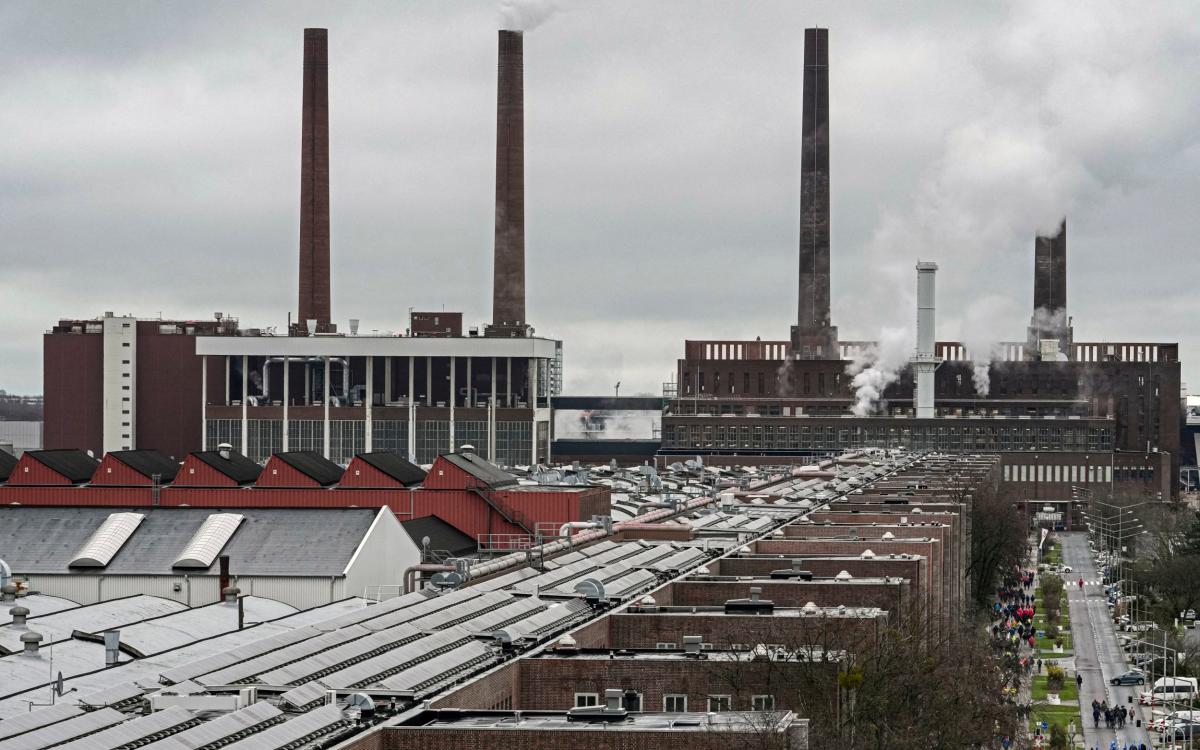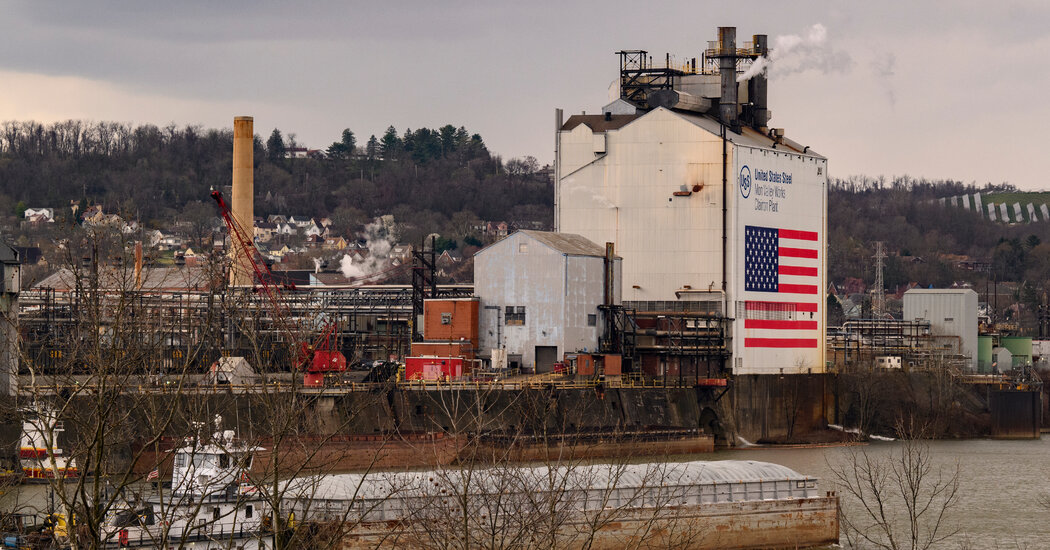Europe is burning through its gas reserves at the fastest pace in seven years, leaving Germany “acutely” exposed as cold weather sweeps the Continent.
Stockpiles have dropped more quickly than at any point since 2018, falling 25pc from their peak, according to Gas Infrastructure Europe data compiled by Bloomberg.
Storage sites are just over 70pc full across Europe, compared to about 86pc a year ago, after temperatures dropped over the weekend.
Forecasters predict freezing conditions from Spain across to Poland and Ukraine this week, leaving gas prices hovering around their highest level in more than a year. Prices rose by 4pc last week.
Germany suffered the largest drop in its gas stockpiles among its European peers, with storage sites 78pc full compared to 81pc a week earlier, which was in line with the average for the time of year.
France’s gas reserves are at just 57pc capacity, compared to a five-year average of 75pc for this time of year. Britain’s storage sites are about 55pc full.
Economists warned the fall in gas storage levels could keep prices higher through the summer, when countries begin replenishing their stocks.
Hamad Hussain, of Capital Economics, said: “Given that the sharp fall in gas storage levels will probably continue, natural gas demand may remain relatively strong in spring and summer when European countries turn their attention to refilling gas inventories.
“In turn, this will limit the extent to which European natural gas prices could fall this year.
“The impact of high natural gas prices would be felt acutely in Germany given the large size of its energy-intensive manufacturing industry.”
Samantha Dart, of Goldman Sachs, said: “The lower that end-March storage levels are, the harder it will be for the region to refill ahead of the next winter.
“Specifically, under the colder-than-average scenario that is currently forecast.”
The sharp rise in gas prices follows the “Dunkelflaute” experienced in Europe at the end of last year, a weather phenomenon where low winds and heavy clouds impact power generation from renewable energy sources.
Florence Schmit, of Rabobank, said: “While these price increases will be felt across Europe, countries with higher storage requirements and high gas demand also in summer, like Germany and Italy, will be more exposed to these price shocks.”
European gas prices have already been stretched after Ukraine last week closed off the last route allowing Russia to sell gas to Europe through its territory.
The expiry of a deal to use the Urengoy-Pomary-Uzhhorod pipeline for transit has dealt a blow to Vladimir Putin’s war machine but also created fresh supply headaches for a handful of European countries that remain dependent on the Kremlin, pushing up gas prices across the whole Continent – including in Britain.
Kremlin-backed supplier Gazprom sold about $6bn (£4.8bn) worth of gas through Ukraine in 2024, according to Bloomberg.
Analysts estimate the closure of the Ukrainian pipeline will deliver a hit equivalent to about 0.2pc to 0.3pc of Russia’s gross domestic product, according to various analyst estimates.
However, Europe is increasingly exposed to market volatility as it relies on global liquefied natural gas to replace the shortfall left by the end of Russian pipeline flows.
Tatiana Orlova, an economist at Oxford Economics, said: “Europe will still need gas as all its efforts to wean itself from Russian gas have not been successful.”
She warned that European countries “will probably end up buying more Russian LNG to make up for the drop in natural gas imports from Russia”.
Rabobank’s Ms Schmit added: “Slovakia and Austria now rely on imports from countries like Germany and Italy, who have access to LNG.
“If prices start to rise in these two markets, they will also rise further east to allow for gas flows to make it there.”
The Department for Transport said the Government is committed to enhancing Britain’s transport infrastructure as part of its mission to grow the economy.
A spokesman said: “We hope to partner with anyone who can contribute to our work to deliver more reliable and cleaner railways for passengers, which we will consider carefully as part of our spending review preparations.”
natural gas prices, gas prices, gas reserves, Germany, Europe, natural gas, storage levels, gas storage levels, Capital Economics, renewable energy sources
#German #economy #acutely #risk #Europe #burns #gas #reserves



